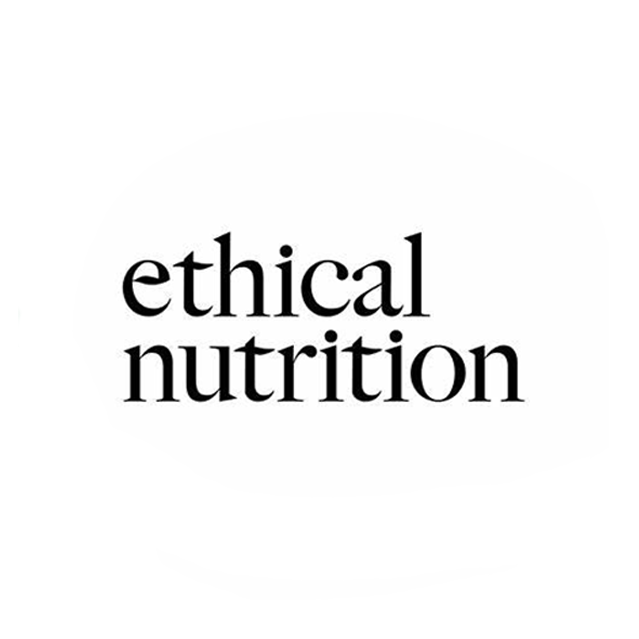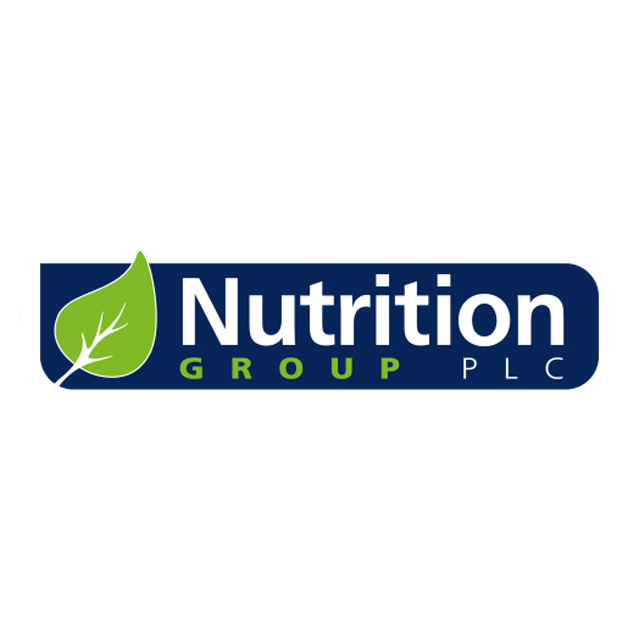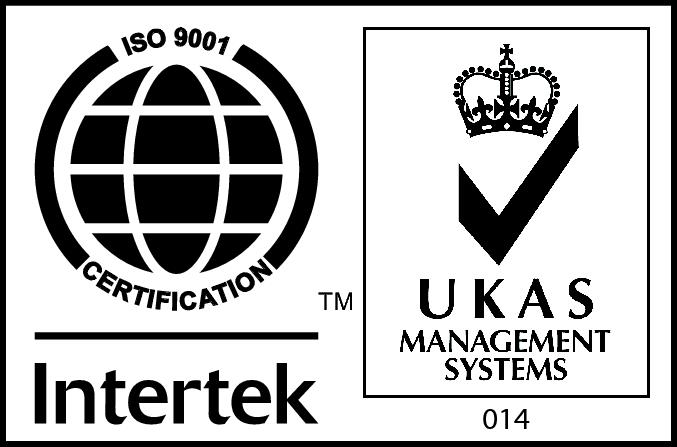A recent BBC investigation has exposed a concerning trend: some food sellers on TikTok Shop are operating without basic allergen labelling requirements, putting vulnerable consumers at serious risk.
The investigation found sellers offering products with allergen information listed as “not applicable” or providing dangerously incomplete details. One burger kit containing milk and wheat – both major allergens – was listed with allergens simply described as “spices” and ingredients as just “flour”.
This isn’t just poor practice – it’s potentially fatal negligence.
The life-or-death stakes
For the estimated two million people in the UK living with food allergies, accurate allergen information can be a matter of life and death.
Our Senior Regulatory Manager James Connell, emphasises the severity: “Food allergies are a major public health concern, and there can be serious consequences for both companies and consumers where correct allergen information is not provided.
“Failure to comply with the relevant legislation exposes those with allergies to potentially fatal risks.”
The tragic death of Natasha Ednan-Laperouse – who died due to a severe allergic reaction to sesame in a baguette she purchased from Pret which wasn’t correctly labelled – led to “Natasha’s Law” – legislation requiring full ingredient and allergen labelling on pre-packed food. Yet some sellers on platforms like TikTok Shop appear to be failing to ensure that basic safety requirements are met.
Complex regulations demand expert navigation
Under UK law, food businesses must provide allergen information at two stages when selling online – in the product description and on packaging. The regulatory framework is intricate, but compliance isn’t optional.
“The regulatory landscape pertaining to food information can be complex and challenging to navigate,” says James, “but developing and maintaining an understanding of this framework represents a legal and moral obligation for any food business operator.”
The true cost of non-compliance
The consequences extend far beyond health risks. Businesses can face severe reputational damage, operational disruption and criminal penalties when allergen compliance fails. For food sellers, particularly those operating online, a single compliance failure could end operations entirely.
“The consequences of non-compliance with food information and regulations range from suspension of sales and product recall to criminal prosecution and heavy fines. Prevention is key,” explains James.
“The proactive implementation of a robust compliance system has an integral role in maximising consumer protection, while minimising a company’s risk of the legal and financial ramifications commonly associated with any allergy incident.”
Moving forward
Social commerce platforms have created new opportunities for food businesses, but with these opportunities comes the responsibility to maintain compliance standards. While platforms may remove problematic listings when alerted, the fundamental responsibility lies with sellers to ensure proper labelling from the outset.
Technology can be leveraged to streamline regulatory compliance while maintaining rapid market access. Modern solutions can automate compliance checking and generate compliant labelling, ensuring all necessary allergen information is captured correctly.
Food safety compliance isn’t optional – it’s a fundamental requirement that protects lives and businesses alike. For businesses selling food online, invest in proper compliance systems and never treat allergen information as an afterthought!
For businesses seeking to navigate complex food regulatory requirements, expert guidance can transform compliance from a challenge into a competitive advantage. Get in touch with our regulatory experts today.











